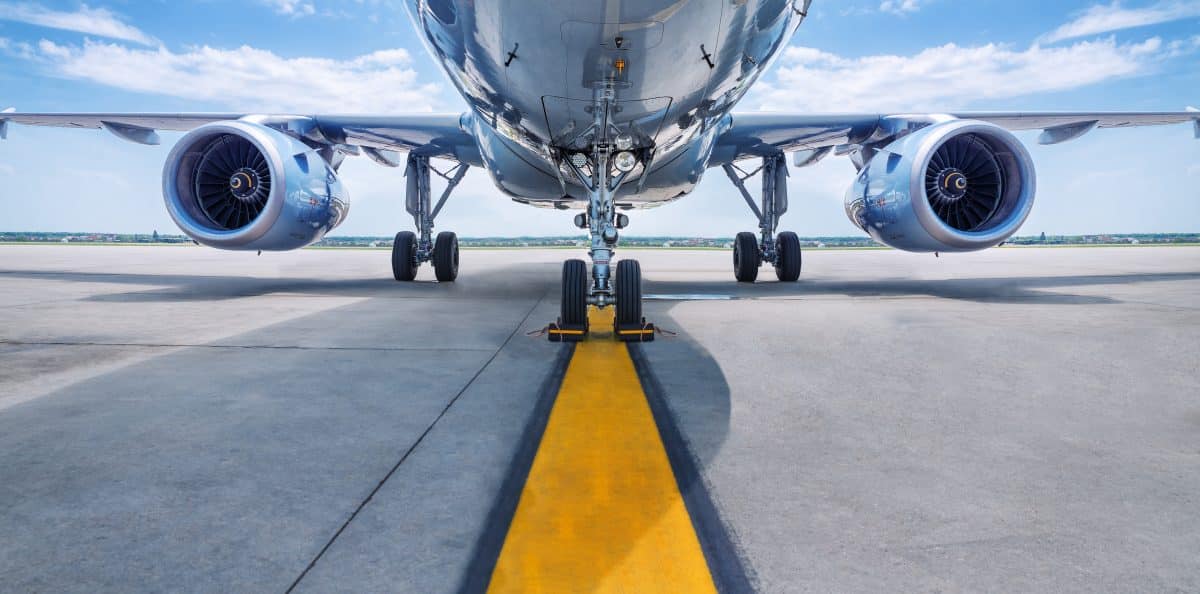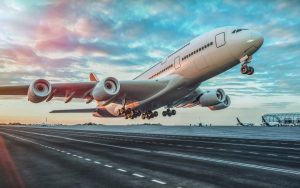Air transport, a cornerstone of modern civilization, has revolutionized the way we connect, trade, and explore the world. Beyond its primary function of transporting people and goods across vast distances, air transport serves a myriad of other purposes that contribute to economic growth, scientific advancements, and humanitarian efforts. In this article, we delve into the main uses of air transport, exploring its diverse applications and shedding light on its transformative power.
- Facilitating Global Trade and Commerce:
Air transport plays a pivotal role in facilitating international trade and commerce. With its unparalleled speed and efficiency, it enables businesses to transport time-sensitive goods, perishable items, and high-value products across continents. From fresh produce to electronic components, air transport ensures the timely delivery of goods, minimizing supply chain disruptions and boosting global economic integration. - Enabling Tourism and Travel:
Air transport has democratized travel, making it accessible to people from all walks of life. It has opened up new horizons for tourism, allowing individuals to explore diverse cultures, experience breathtaking landscapes, and forge connections with people from different backgrounds. The convenience and speed of air travel have transformed the tourism industry, contributing to economic growth, job creation, and cultural exchange. - Supporting Scientific Research and Exploration:
Air transport serves as a vital tool for scientific research and exploration, enabling researchers to reach remote and inaccessible locations quickly. Whether it's studying climate change in the Arctic, conducting aerial surveys of wildlife populations, or monitoring volcanic activity, aircraft provide scientists with a unique vantage point and the ability to collect valuable data. Furthermore, air transport facilitates the transportation of researchers, equipment, and supplies to expedite scientific missions worldwide. - Assisting in Disaster Relief and Humanitarian Efforts:
During times of crisis, air transport plays a crucial role in delivering emergency aid and providing humanitarian assistance. Whether it's responding to natural disasters, conflict zones, or medical emergencies, aircraft can swiftly transport relief supplies, medical personnel, and equipment to affected areas. The speed and versatility of air transport enable rapid response and save lives in critical situations. - Supporting National Defense and Security:
Air transport is an indispensable component of national defense and security strategies. Military aircraft enable rapid deployment of troops, equipment, and supplies during times of conflict or peacekeeping missions. Additionally, air surveillance and reconnaissance capabilities provide vital intelligence for strategic planning and threat assessment. Air transport ensures the readiness and mobility of armed forces, safeguarding national interests and maintaining global stability.
Conclusion:
Air transport's main use extends far beyond mere transportation. Its multifaceted applications encompass global trade facilitation, tourism promotion, scientific research support, disaster relief, and national defense. As we continue to harness the transformative power of air transport, it is crucial to recognize its immense contributions to our interconnected world. By embracing innovation, sustainability, and collaboration, we can unlock even greater potential for air transport, shaping a future where its benefits are accessible to all.




+ There are no comments
Add yours